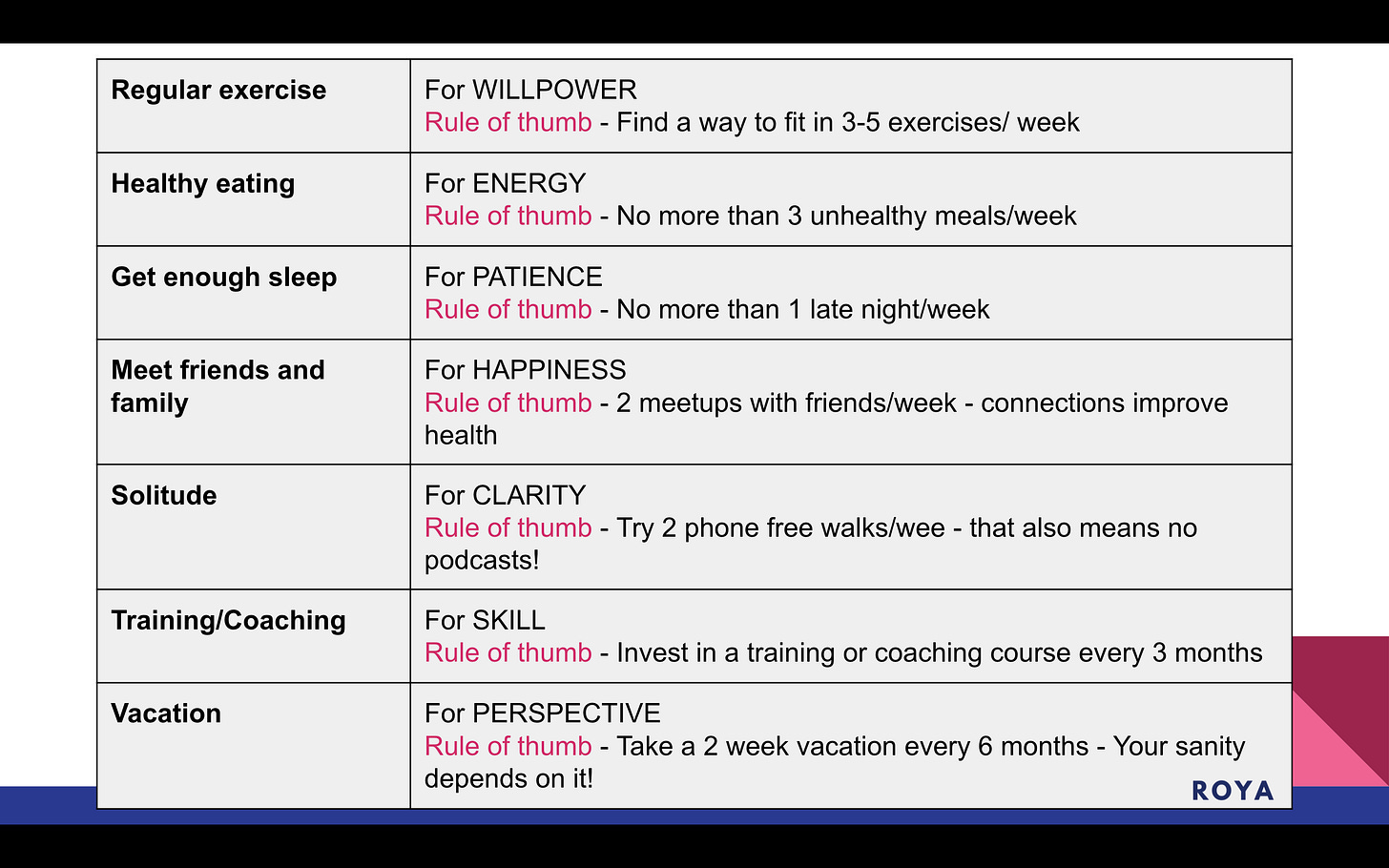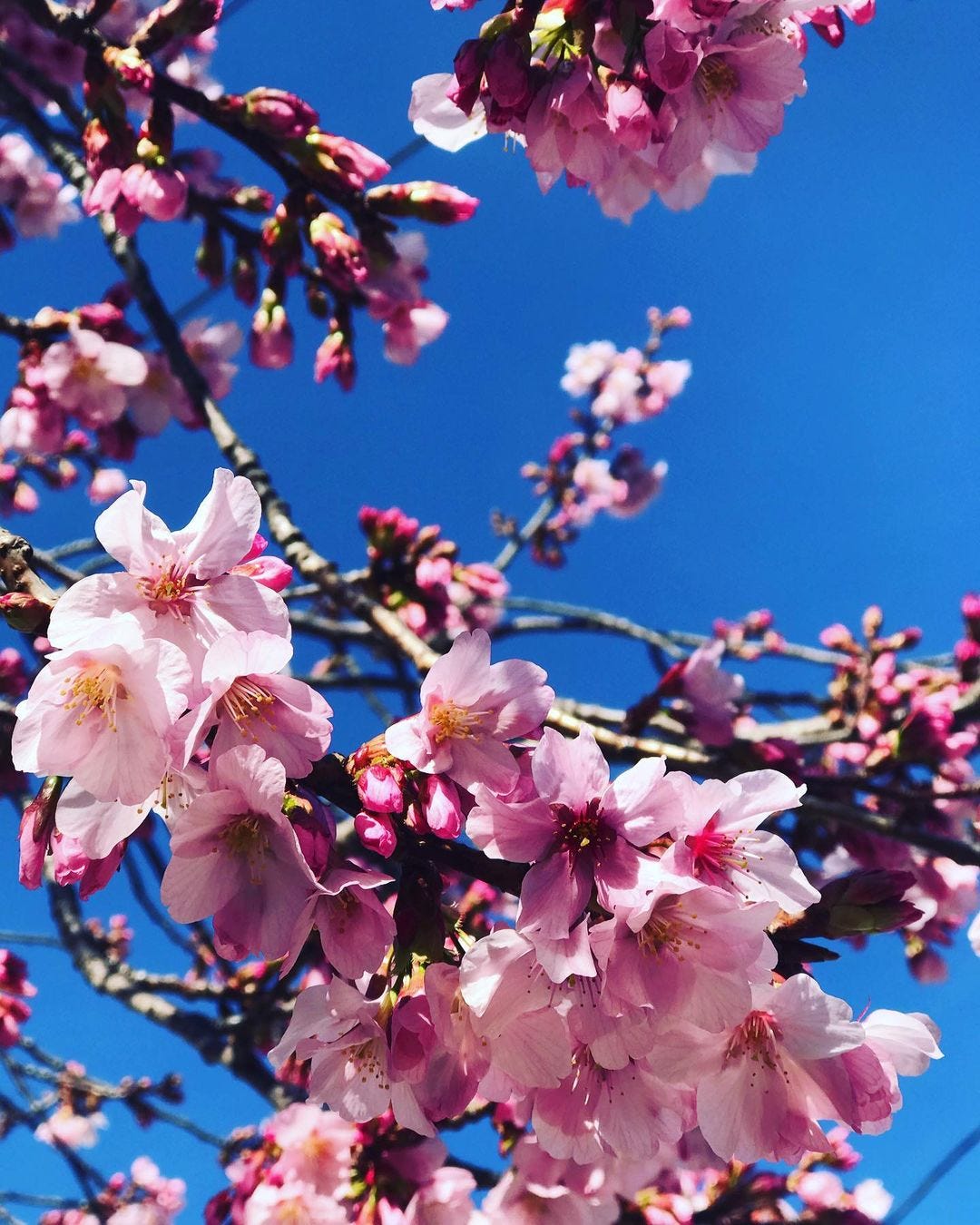Food For Thought (3/7/21)
Hi Friends,
Happy March! Can you feel it in the air? The feeling of spring arriving slowly but surely? I do. I hope you are all staying well and ready to enjoy some reading that will hopefully inspire you and help you gain a new perspective.
Enjoy!
Articles:
Emotional Maturity as a Prerequisite for Understanding Yourself and Others - We often link emotional maturity with age, but it’s not always an accurate indicator as maturity doesn’t necessarily keep in line with our physical growth. Growth and development of one's personality is a much longer process than reaching adulthood. It is a process that has different phases and that lasts continuously throughout life. In this article, we’ll explore the three common signs of emotional immaturity defined by author and philosopher Alain de Botton and learn about wiser and better emotionally mature solutions.
Yuval Noah Harari: Lessons from a year of Covid - In a year of scientific breakthroughs — and political failures — what can we learn for the future? How can we summarize the Covid year from a broad historical perspective? Many people believe that the terrible toll coronavirus has taken demonstrates humanity’s helplessness in the face of nature’s might. In fact, 2020 has shown that humanity is far from helpless. Epidemics are no longer uncontrollable forces of nature. Science has turned them into a manageable challenge.
The problem with work-life balance -The concept of work-life balance implies that work is bad and life is good; it suggests that work and life are two dichotomous entities that need to be strictly separated and kept at an equilibrium; for some, it even insinuates that less work equals more happiness.
In its most neutral definition, work is generally seen as a mean for sustenance and survival—laboring the land to harvest food, then later on, as a way to produce goods and offer services in exchange for security. Because, historically, work was a necessary hardship—from latin labor “toil, exertion”—it’s no wonder we see it in a negative light.
Framework:
I found this framework around establishing and reinstating rituals, habits and boundaries around wellbeing and found it incredibly helpful. I hope you do too.
Book recommendation:
21 Lessons for the 21st Century -With Sapiens and Homo Deus, Yuval Noah Harari first explored the past, then the future of humankind, garnering the praise of no less than Barack Obama, Bill Gates, and Mark Zuckerberg, to name a few, and selling millions of copies in the over 30 countries it was published. In 21 Lessons for the 21st Century, he devotes himself to the present.
21 Lessons For the 21st Century provides a kind of instruction manual for the present day to help readers find their way around the 21st century, to understand it, and to focus on the really important questions of life. Once again, Harari presents this in the distinctive, informal, and entertaining style that already characterized his previous books. The topics Harari examines in this way include major challenges such as international terrorism, fake news, and migration, as well as turning to more personal, individual concerns, such as our time for leisure or how much pressure and stress we can take. 21 Lessons for the 21st Century answers the overarching question: What is happening in the world today, what is the deeper meaning of these events, and how can we individually steer our way through them?
Picture highlighted:
I took this photo while walking around the neighborhood a few days ago. Spring blossoms a representation of rebirth and new life on the way. The blossoms are also a representation of fragility and transience of life. They are a great reminder of themes like mindfulness, mortality, and living in the present.
Until next time,
Dena 👋🏽






